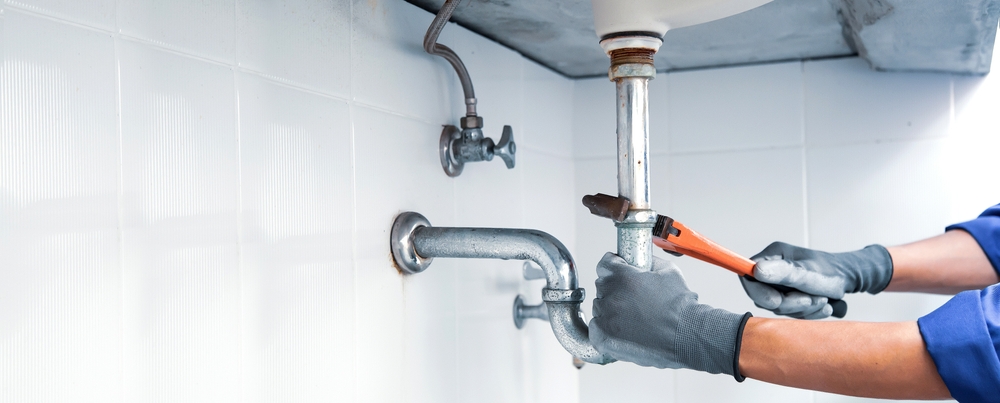Days
Hours
Minutes
Seconds
May 1 2026 - Renters' Right Act Commencement Day
You have 0 days to:
Serve any final Section 21 notices
Stop accepting above-asking rent offers
Prepare for the rental bidding ban
Remove “No DSS” from adverts
Remove “No Children” from listings
Show one clear rent price
Stop using fixed-term agreements
Switch to periodic tenancy templates
Check which tenancies go periodic
Stop taking rent before signing
Take no more than one month’s rent
Move all evictions to Section 8
Train staff on new notice rules
Create Section 13 process flow
Add two months to rent reviews
File court claims for Section 21s
Update landlord move-in grounds
Update landlord selling grounds
Send the RRA Information Sheet
Create written terms where missing
Update How to Rent processes
Review tenant screening questions
Update pet request processes
Stop backdating rent increases
Discuss rent protection backbooks
Act now before it is too late...
Properties across the UK are becoming more and more affected by major weather events - likely due to the effects of climate change.
The Met Office has previously predicted an increase in the frequency of storms throughout regions within the UK. We have already seen three named storms in 2024 - Storms Isha and Jocelyn, and Storm Henk. The number of storms occurring in the same areas in quick succession (storm clustering) additionally continues to rise.
How can letting agents and landlords prepare rental properties when the weather gets rough? Here's six tips to get started.
- Get a head start on preparations
- Prepare for high winds
- Prepare for flooding
- If your rental property is affected by a storm or flooding
- Do landlords need insurance for bad weather?
- Stay in contact with tenants
Get a head start on preparations
Landlords should always prepare in the calm before the storm. It is advised landlords should conduct regular inspections every six months to see and track any possible damage on the property. This will help to catch and prevent any issues before it is too late.
As per the Homes (Fitness for Human Habitation) Act 2018, landlords need to give their tenants a minimum of 24 hours' notice before conducting inspections on the property.
Here are the key things to look out for when inspecting a property:
- Are seals around windows and doors secure?
- Are there any exposed pipes?
- Is the guttering loose? Are there any cracks or blockings?
- Is the roof secure? Are the roof tiles in good condition?
If there are any issues known by the landlord but are not fixed in time, they could be liable to pay for repairs, rather than insurance. Any changes or repairs to the property need to be discussed with tenants before. So it’s important to keep open communication between tenants and landlords.
Find out what a landlord's rights and responsibilities are for repairs
How to prepare for high winds
Landlords and letting agents should always be aware of any severe weather warnings in the property’s area, and details - such as weather a property is on a flood plain.
Storm Isha in January 2024 saw winds up to 107mph, with Transport Scotland stopping ScotRail services during rush hour due to the high level of winds and with over 15,000 properties left without power.
In times of high winds, letting agents and landlords should consider:
- Secure any loose items outside such as garden furniture and children's toys
- Make sure any electrical outside items are stored away
It’s also wise to check:
- If there are any trees surrounding a property with low-hanging or loose tree branches
- If all fence panels around the property are secure.
If the landlord has insurance, storm damages to fence panels are usually excluded from possible claims.
How to prepare for flooding
In January 2024, The Environmental Agency reported that 2,200 properties were flooded due to Storm Henk in 2024. If a property is near a body of water, on a flood plain, or is susceptible to floods, it is wise to sign up for flood warnings to be prepared for future severe weather.
A landlord is legally responsible for certain repairs if the rental property is affected by flooding from severe weather, as per the Landlord and Tenant Act 1985. These include ensuring that the property’s supply of utilities is in working order, making sure damages are fixed and the property’s structure is in a good standard of repair.
Giving tenants the appropriate precautions to prevent damages will benefit both the landlord and the tenant, such as:
- Providing sandbags when flood warnings start
- Checking all internal and external pipes are in proper working order so there are no further water damages
- Checking all guttering is up to standard with no cracks or blockages
If a property has experienced flooding before, make sure the property has been repaired and looked after appropriately. Excess moisture and damp conditions can lead to mould within a water-damaged property and create potential health issues for tenants.
Find out how landlords can manage damp and mould within a property
What to do if your rental property is hit by a storm or flooding
It can be distressing for both tenants and landlords if a rental property is affected by a storm or flooding, especially when they don’t know what the next steps are, so make sure landlords are prepared if the worst happens.
Landlords should contact their insurance provider if they have insurance and experienced any damage as soon as possible to avoid delaying a claim. Take photographs of any damage with time stamps, and wait until they’ve spoken to the insurer before doing repair work as insurers may appoint a specialist to assess the damage.
If the property experiences flooding, tell the tenants to shut off gas and electricity immediately. Make sure landlords show tenants where the fuseboxes and stopcocks are in case either is damaged.
Wait to switch your electricity back on until it's been checked by an electrician. Gas leaks can lead to fires so turn it off if the home is at risk of flooding, however, a qualified professional must turn it back on.
Landlords need to stay in contact with tenants throughout the whole experience as it can be a distressing time. Be aware of all the damages so you know how to repair all damages as soon as possible.
Do landlords need insurance for bad weather?
PwC estimates that Storm Babetin October 2023, caused damages worth between £450 and £650 million
Home emergency insurance policies can cover can help with repairs such as roof damage, damage to property's doors and locks, or even burst pipes.
If a home does experience flooding and is not safe to live in, landlords are not required to provide alternative accommodation. However, insurance might also cover overnight alternative accommodation costs.
Even if it’s not required to provide alternative accommodation, looking after tenants will increase trust in their landlords and letting agents, which will benefit when it comes to renewal tenancies.
Stay in contact with tenants
Storms and flooding can be incredibly stressful. Landlords and letting agents should remain in contact with tenants to minimise worries and make sure tenants are prepared before any severe weather starts.
Important things to check when talking to tenants include:
- Are the doors and windows securely fastened or locked?
- Is there any possible damage landlords might have missed during inspections?
- Is there anything tenants need to feel more comfortable and safe in the rental property?
Contacting tenants before and after any storm or flooding weather is important to understand the tenant's well-being even if there aren’t any damages to the property.
Want the latest lettings news delivered straight to your inbox every week? Sign up to our mailing list and stay up to date.





